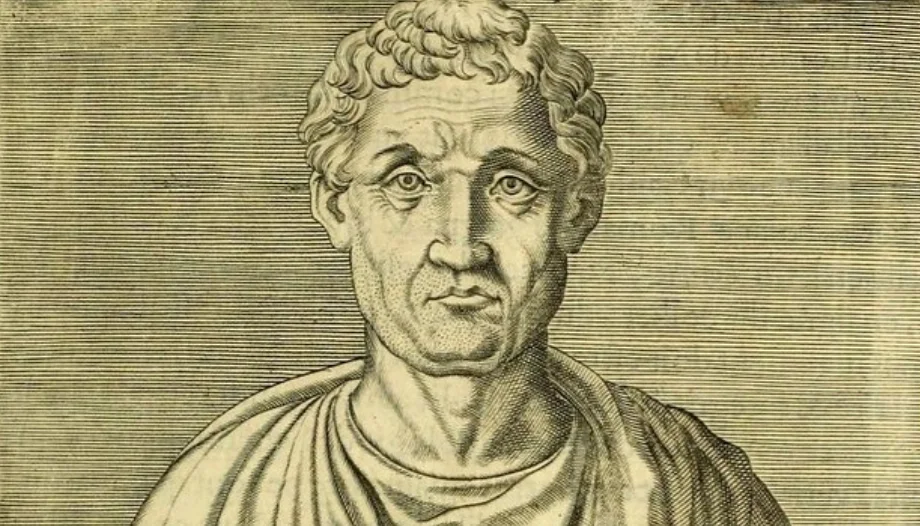On April 22, 2007, Benedict XVI visited the Basilica of San Pietro in Ciel d'Oro in Pavia, accompanied by the then Prior General of the Augustinians, Father Robert Prevost. On that occasion the pontiff was able to venerate the relics of the great St. Augustine of Hippo, preserved there, but also those of another eminent Christian intellectual who is venerated in that basilica as a martyr every 23rd of October: Anicius Manlius Torquatus Severinus Boethius. It so happens that Prevost has reached the papal throne in 2025, on the 15th centenary of his martyrdom, which must have taken place between 524 and 526, since the date is doubtful.
His name betrays Boethius' patrician origin, a trait that led him to become involved in politics during the reign of Tedoricus. He came to have great importance at court. He nurtured the dream of making the political and intellectual heritage of the Greeks and Romans survive in the new order created by the Germanic peoples. Among the treasures inherited from the already defeated Roman Empire, Christianity, which had already conquered the hearts of the victors, stood out. Thus, Boethius combined his political concerns with a first-rate cultural enterprise that was limited due to his many occupations and his premature death.
He had been formed not only in the most distinguished Latin culture, but also in Greek philosophy, mastering the Hellenic language much better than the aforementioned St. Augustine, an important reference for Boethius. One of the aspirations of this secular Christian and father of a family was to facilitate access to Greek wisdom for the Latins. He could not have imagined that, although he did not manage to complete his project, he would become one of the great masters of medieval intellectuals. He aspired to translate and comment on all the works of Plato and Aristotle for those who were unable to read their books in their original language. In reality, he was only able to translate and comment on a few books by Cicero, Porphyry and Aristotle. However, this was enough to exert a lasting influence.
This dedication to secular thought did not prevent him from also making several valuable contributions in theology with his influential theological opuscules, which have just been translated into our language again this year (published by Sígueme). Those were years in which the great Trinitarian and Christological disputes that had occupied the minds of the Fathers of the Church were still burning.
Consolation and its spiritual legacy
Thus, Boethius, being one of the last Roman intellectuals, is to a large extent the father of medieval science. However, Boethius also regained his prestige in the Renaissance, when his best known work, the "Consolation of Philosophy", was translated into various Romance languages.
His political commitment was the occasion of this last work, the most outstanding from the literary point of view. At the end of the reign of Theodoric, he fell into disgrace and spent the end of his life imprisoned because of an intrigue against him, which ultimately led to his death. During this captivity he wrote his "Consolation", alternating verse with prose and suggesting such well-known metaphors as the "wheel of Fortune". Certainly he had been visited by an unfortunate fortune, but this allowed him to offer us a remarkable reflection on divine providence and human suffering.
Although Boethius uses the language of the pagans, fortune no longer obeys in him a blind destiny, but everything is governed by the providence of God. No harm comes to those who take refuge in his hands, whose only misfortune lies in separating themselves from him. Often, when we have a bad time and someone encourages us to trust in God's plan, we tend to think that it is easy to make this argument to those who do not suffer. Instead, in Boethius' masterful "Consolation" we find the vibrant protest of the consolation found in the contemplation of providence on the part of the one who suffered for being faithful to God, loyal to his king, to the truth and to his conscience.
Assistant Professor, Faculty of Philosophy, San Daámaso Ecclesiastical University







